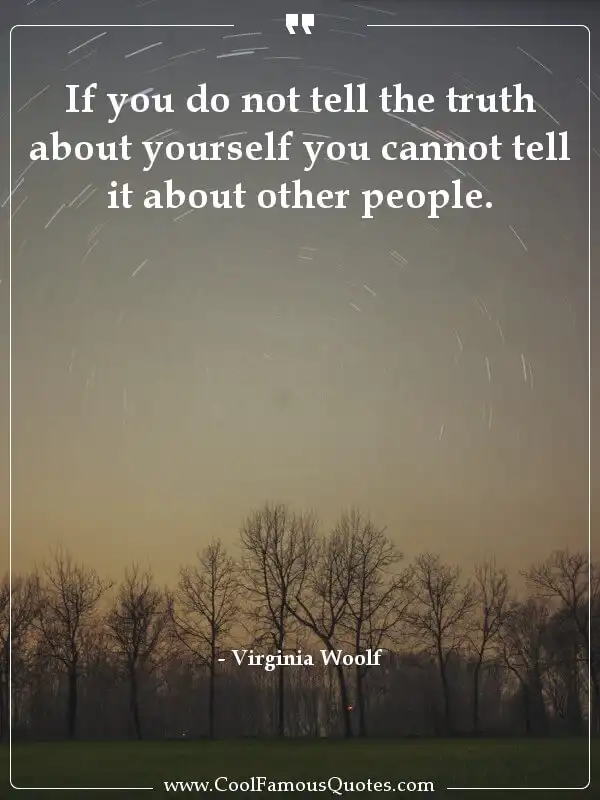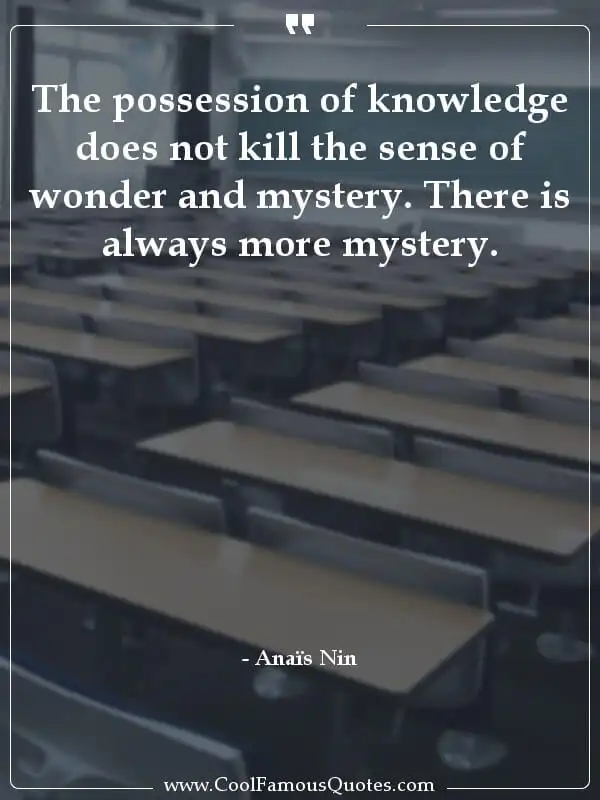“Nothing is so firmly believed as that which we least know.”
Decryption of quote
Nothing is so firmly believed as that which we least know.
Have you ever noticed how we tend to hold onto our beliefs with unwavering certainty, even when we have little to no actual knowledge or understanding of the subject at hand?
It's a curious phenomenon, really. We humans have a tendency to cling to our beliefs as if they were the very foundation of our existence, even when those beliefs are based on nothing more than hearsay or speculation.
Perhaps it's because uncertainty is uncomfortable, and we crave the security that comes with feeling like we have a solid grasp on the world around us.
But the truth is, the things we think we know the least about are often the things we are most convinced of. It's as if our minds fill in the gaps with our own assumptions and biases, creating a false sense of understanding.
And so, we hold onto these beliefs tightly, defending them against any evidence or logic that might challenge them. We become so entrenched in our own convictions that we close ourselves off to new ideas and perspectives.
But what if we were to embrace the unknown instead of fearing it? What if we were to approach the world with a sense of curiosity and openness, willing to question our beliefs and explore new possibilities?
Perhaps then, we would discover that true knowledge is not found in the certainty of our beliefs, but in the willingness to admit our ignorance and seek out the truth.
So let us not be afraid to admit when we don't know something, for it is in that admission that we open ourselves up to the possibility of learning and growth.
For it is only by acknowledging our own limitations that we can truly expand our understanding of the world and ourselves.
belief ignorance knowledge





